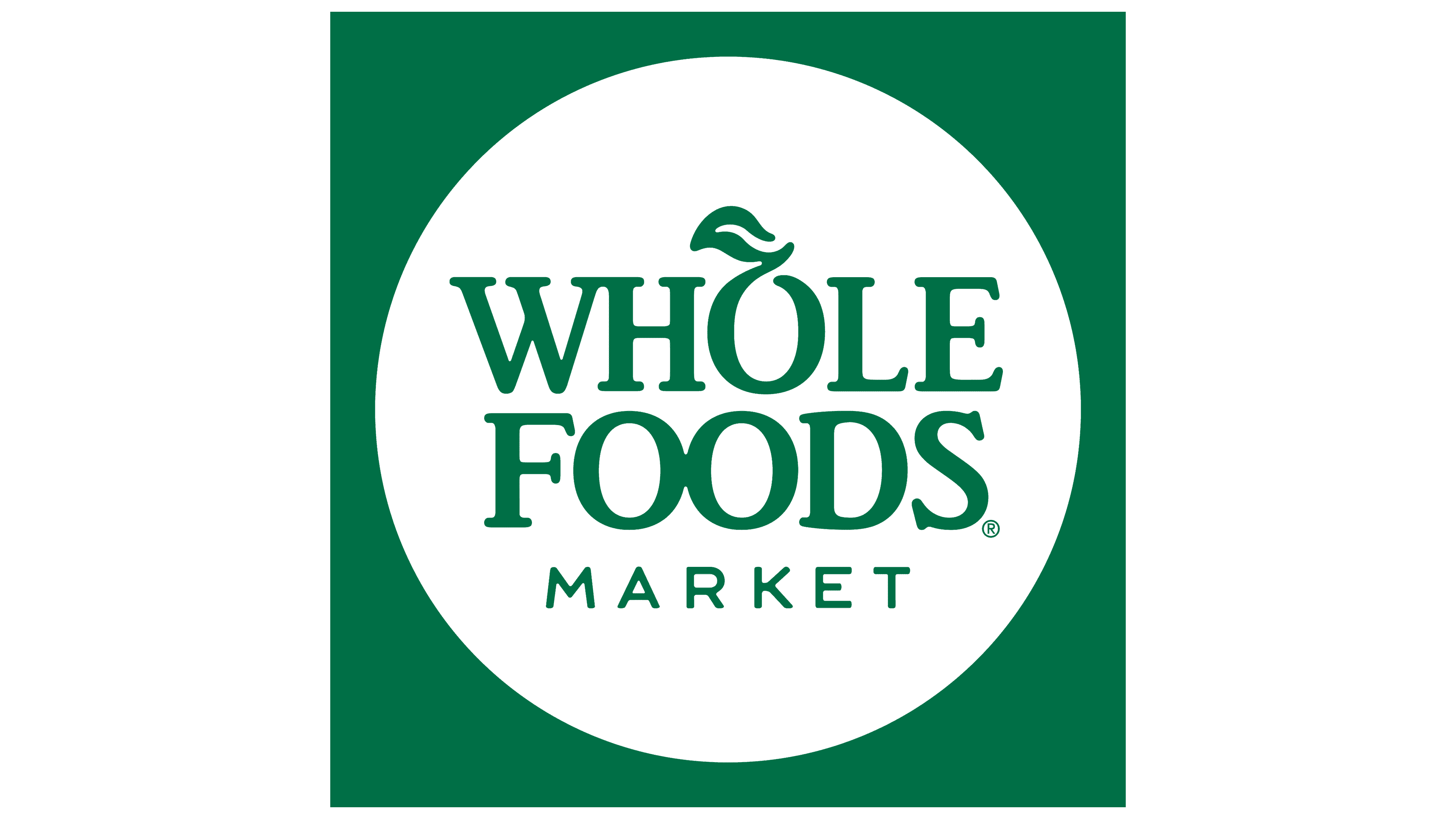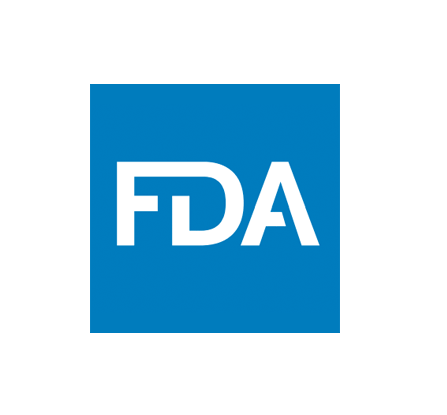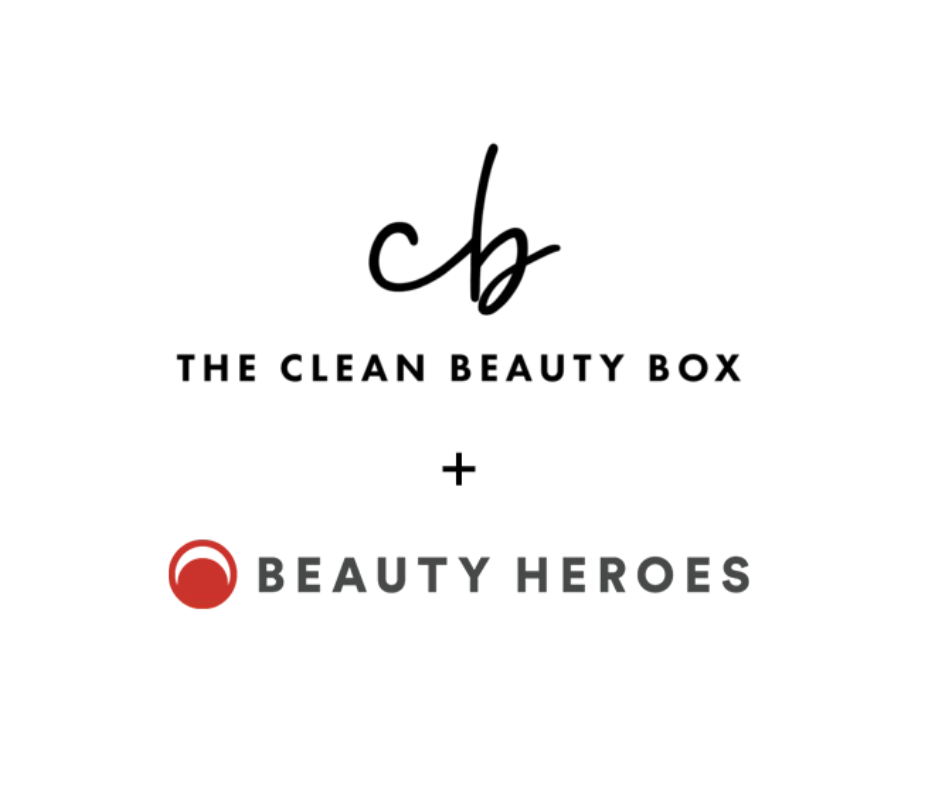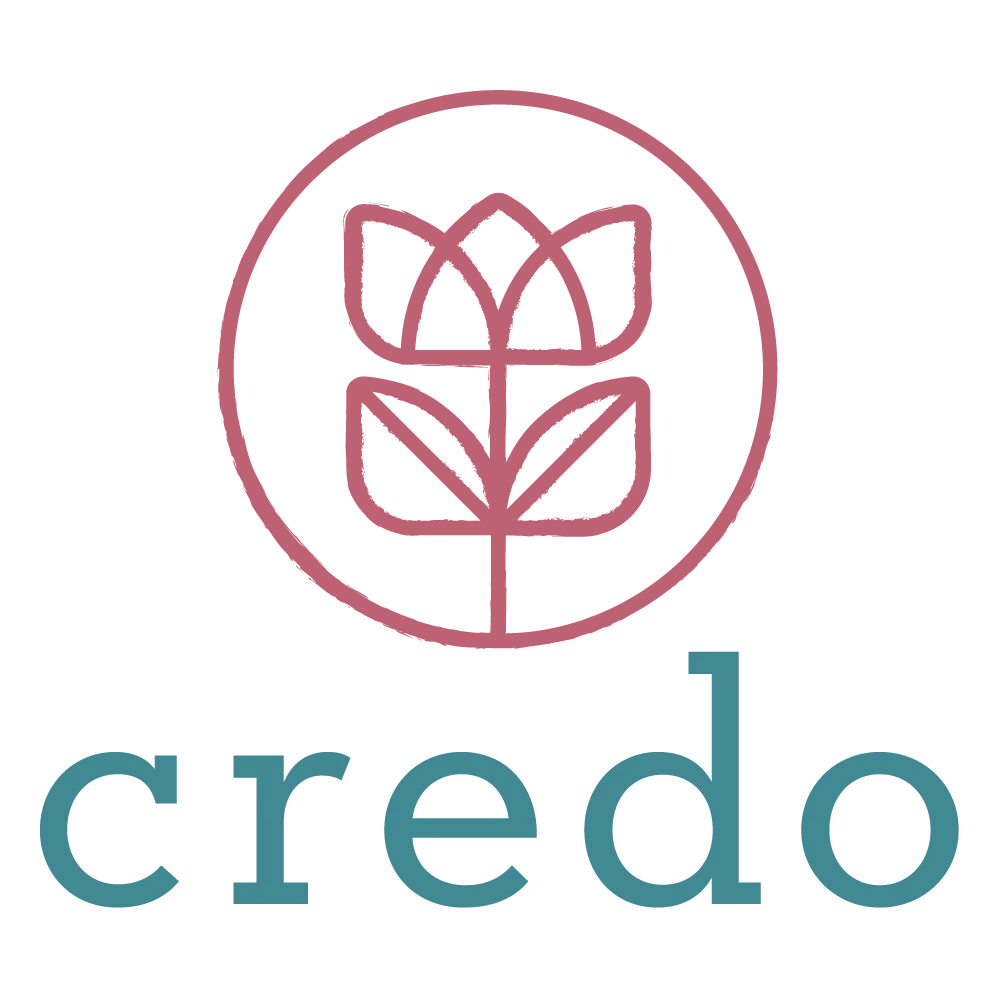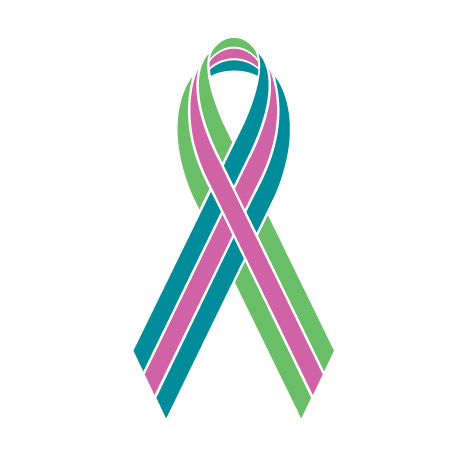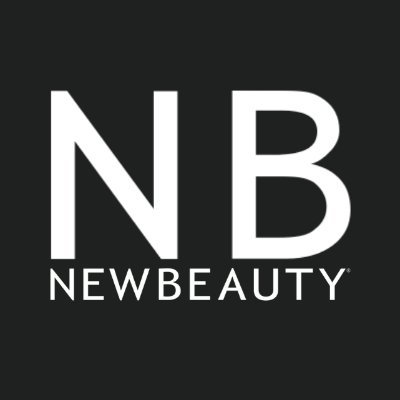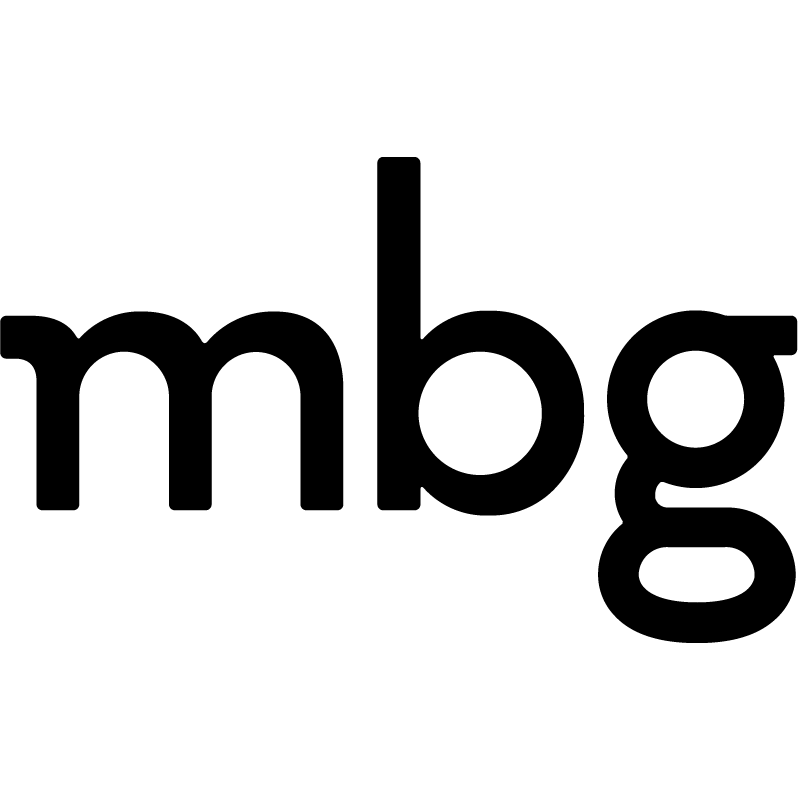Whole Foods Market bans 180+ ingredients commonly used in beauty and body products. They believe some things don’t belong in the products you use on your body. Their experts review the latest research on beauty and body care ingredients for many factors, including possible impacts on the environment and human health. We’ve banned more than 180 typically used ingredients, including parabens, phthalates, formaldehyde donors, oxybenzone, PFAS and EDTA.
